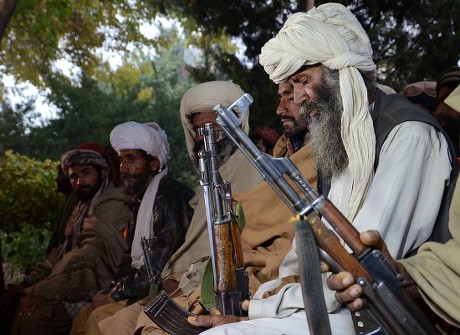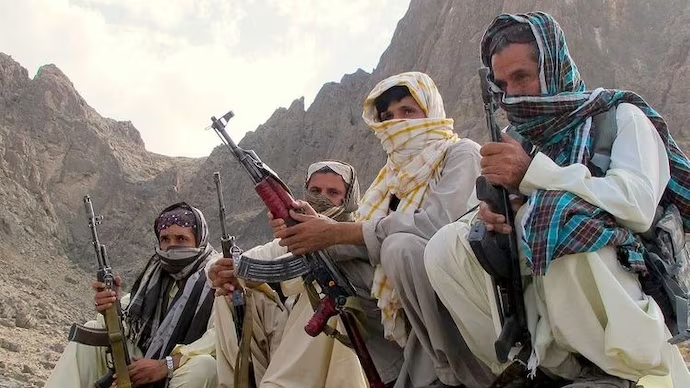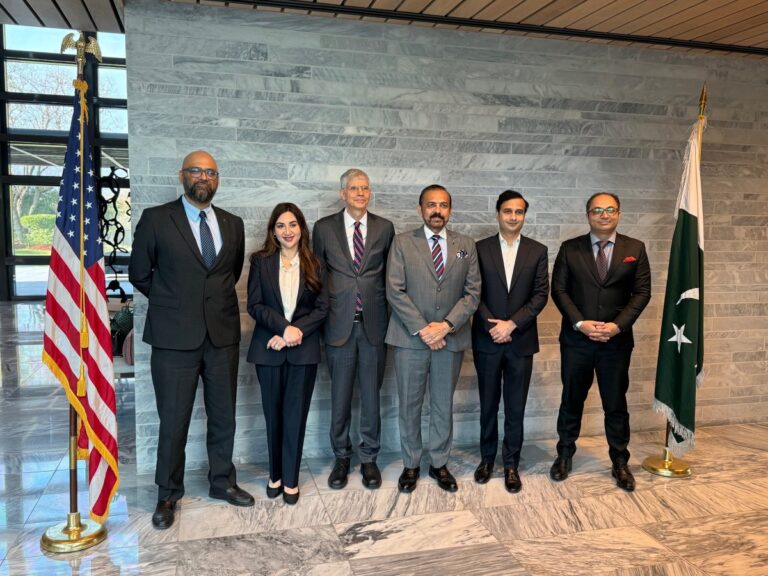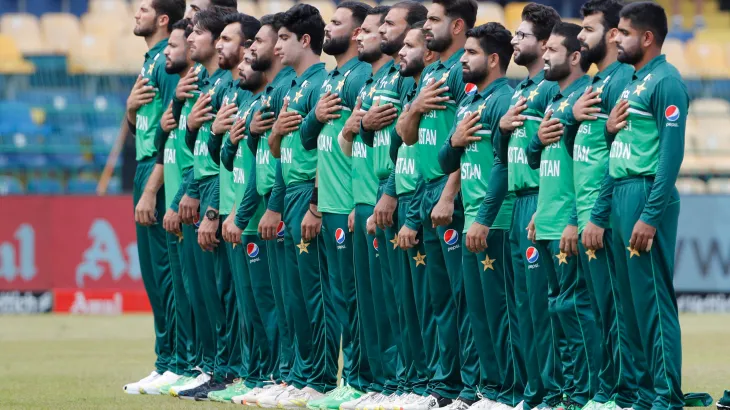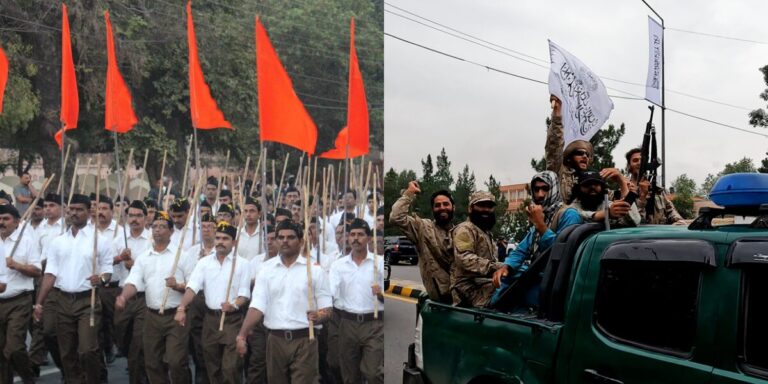Modi’s Absence from G7 Summit Marks Shift in India-Canada Relations
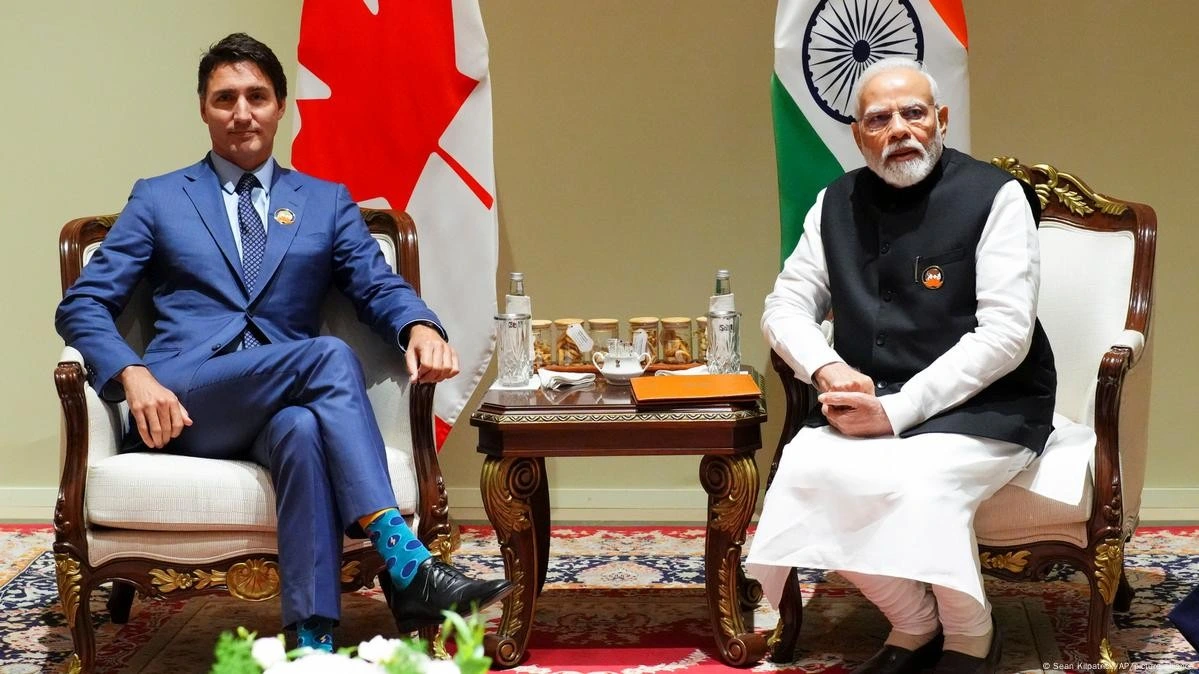 Modi's Absence from G7 Summit Marks Shift in India-Canada Relations
Modi's Absence from G7 Summit Marks Shift in India-Canada Relations
Indian Prime Minister Narendra Modi is probably going to miss the Group of Seven (G7) summit for the first time in six years, a marked shift from his recent habit of attending the eminent conference of the world’s top economies. Modi’s Absence from G7 Originally set for later this month in Canada, the meeting has become a focal point of geopolitical anxiety as Modi has not had an official invitation from the Canadian government, casting doubt on diplomatic relations between the two countries.
This possible absence captures the mounting tension in India-Canada relations, not only a scheduling concern. According to Indian media sources, the Indian government can refuse to join even if an invitation is sent at last minute. According to sources, New Delhi is growing dubious of Canada’s new government’s ability to truly address India’s worries over the actions of Khalistani separatists inside of Canadian borders.
Long a source of friction in India-Canada relations is the separatist campaign known as the Khalistan movement, which supports an independent Sikh homeland. India has consistently voiced concern over what it perceives as the failure of the Canadian government to eliminate extremist elements using Canadian territory to support anti-Indian propaganda. The matter became more urgent following the debate over the murder of Canadian Sikh separatist leader Hardeep Singh Nijjar last year. India vehemently refuted claims made by Canadian Prime Minister Justin Trudeau about a possible link between Indian operatives and Nijjar’s murder.
With this background, Modi’s attendance at the meeting was already dubious. Further complicating the choice are the logistical restrictions of planning a state-level visit on short notice and possible demonstrations by pro-Khalistan groups during the summit. According to Indian media, New Delhi sees a last-minute invitation as a symbolic sloppiness rather than a sincere diplomatic push and is reluctant to accept it.
The Canadian side has not yet made an official comment verifying if Modi has been invited. Refrain from explaining the guest list by a spokesman for the Canadian G7 organizing committee has added to conjecture. Canada keeps getting ready to welcome leaders from the G7 countries, France, Britain, Germany, Italy, Japan, the United States, and European Commission officials.
Given India’s rising significance on the international scene, the lack of an invitation to that nation is especially noteworthy. Under Modi’s direction, India has pushed an ambitious foreign policy agenda, establishing itself as a major actor in the Indo-Pacific and a rising voice in world affairs. India has visited G7 conferences as a guest nation in earlier years to engage in debates on geopolitical security, climate change, and economic development. Whether intentional or not, Modi’s absence this year could signal a diplomatic cool-off going beyond mere bilateral conflict with Canada.
Domestically in Canada, government uncertainty could have been impacted by Sikh advocacy group lobbying. Prominent voice within Canada’s Sikh diaspora, the Sikh Federation of Toronto has openly advised the government not to invite Modi to the summit unless India promises to assist in inquiry into the murders of Sikh people on Canadian territory. These groups have long attacked India’s treatment of Sikh concerns, especially under Modi’s leadership, which they claim marginalizes minority voices.
While pro-Khalistan organizations in Canada describe their activity as part of a larger battle for justice and self-determination, India sees the Khalistan movement as a danger to her national integrity and public order. Tensions between the two countries have been stoked by this difference in stories, hence transforming Sikh diaspora politics into a diplomatic hotspot.
Beyond the direct Canada-India relationship, India’s possible non-participation at the G7 summit could have consequences. It could affect how other G7 members see India’s participation in international forums, particularly given Western nations’ growing attempts to interact with the Global South. One could consider Modi’s absence as a lost chance for open communication on matters including international trade, climate change, and the worldwide reaction to newly arising security concerns.
More generally, this evolution captures the complexity of global diplomacy in a multipolar world. Although strategic alliances are highly valued, deeply ingrained domestic and diaspora-related problems can still cause havoc with high-level activities. Whether deliberate or procedural, Canada’s choice to possibly exclude Modi might establish a standard for how world conferences negotiate political sensitivities that cross with diaspora politics and domestic constituencies.
Right now, Modi’s participation window seems to be fading. India is not likely to organize for the summit, just days away, without an official invitation in hand. This diplomatic deadlock reminds Canada and India of the fact that symbolic gestures, such as an invitation or none, may have significance much beyond the summit venues. Ultimately, Modi’s absence will not go unappreciated and probably marks a turning point in the developing and now tense relationship between Ottawa and New Delhi.

